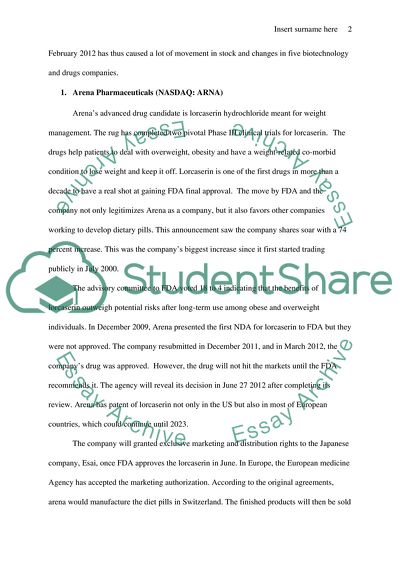Public Companies Trying to Treat Obesity Admission/Application Essay - 1. https://studentshare.org/finance-accounting/1776003-public-companies-trying-to-treat-obesity
Public Companies Trying to Treat Obesity Admission/Application Essay - 1. https://studentshare.org/finance-accounting/1776003-public-companies-trying-to-treat-obesity.


